EIFS / Dryvit Contractor
Serving St. Louis, MO & Metro East Illinois
Although often called “dryvit” or “synthetic stucco”, EIFS is not stucco. EIFS is a lightweight synthetic wall cladding that includes foam plastic insulation and thin synthetic coatings. EIFS consists of a number of layers that are installed in the following order.

The most basic EIFS (a barrier EIFS) consists of 3 layers:
- A layer of foam plastic insulation (also called simply “foam”) that comes in the form of sheets 2′ x 4′. If an adhesive is used to attach the insulation, the adhesive is applied to the foam with a trowel. The usual range of thickness for EIFS insulation is 3/4″ to 4″, although thicker pieces are sometimes used for decoration accents – called foam shapes.
- A reinforced layer that is applied onto the face of the insulation with a trowel, consisting of a fiberglass reinforcing mesh ( or “mesh”) embedded in a cementitous adhesive. The mesh has an open weave, somewhat like window screening but with opening about 1/4″ square. It is made of fiberglass and can be cut with a utility knife. The mesh is available in various weights. The “heaviness” determines the impact strength of the surface (resistance to damage by being “hit”). The standard weight is 4oz, the high-impact mesh weight goes up to 15 or 20oz. This 2-part layer is called the Base Coat.
- A final topcoat, or finish, which is a colored, textured paint-like material that is applied with a trowel or, very rarely, by spraying. A wide range of colors and textures are available as well as custom colors. Available textures include smooth surfaces, rough “stucco-like” textures, embedded stone chips, multi-color (granite-like mixtures,) and even brick-like treatments. This layer is called the finish. It is acquired by floating.
If an EIFS with drainage, or water-managed EIFS is installed, a water resistive barrier is first installed over the substrate (generally DensGlas Gold, exterior-grade gypsum sheathing, OSB or plywood). The moisture barrier is applied to the entire wall surface with a mesh tape over joints and a liquid-applied membrane or a protective wrap like Tyvek or felt paper. Then a drainage cavity is created (usually by adding some sort of space between the foam and the WRB). Then the other 3 layers, described above, are added. This type of EIFS is required by many building codes areas on wood frame construction, and is intended to provide a path for incidental water that may get behind the EIFS with a safe route back to the outside. The purpose is to preclude water from damaging the supporting wall.
Adhesives and Finishes are water-based, and thus must be installed at temperatures well above freezing. Two types of Adhesives are used with EIFS: those that contain Portland Cement (“cementitious”), or do not have any Portland Cement (“cementless”). Adhesives that contain Portland Cement harden by the chemical reaction of the cement with water. Adhesives and Finishes that are cementless harden by the evaporation of water – like house paint. Adhesives come in two forms. The most common is in a plastic pail as a paste, to which Portland Cement is added. Adhesives are also available as dry powders in sacks, to which water is added. Finishes come in a plastic pail, ready to use, like paint. EIFS insulation comes in individual pieces, usually 2′ x 4′, in large bags. The pieces are trimmed to fit the wall at the construction site.
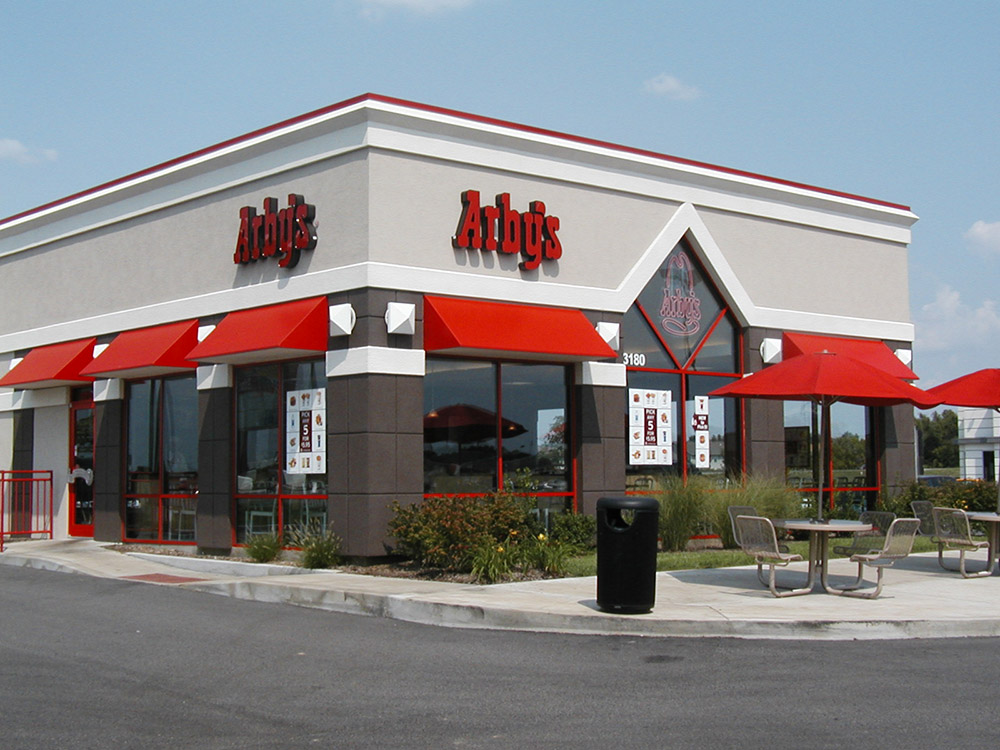
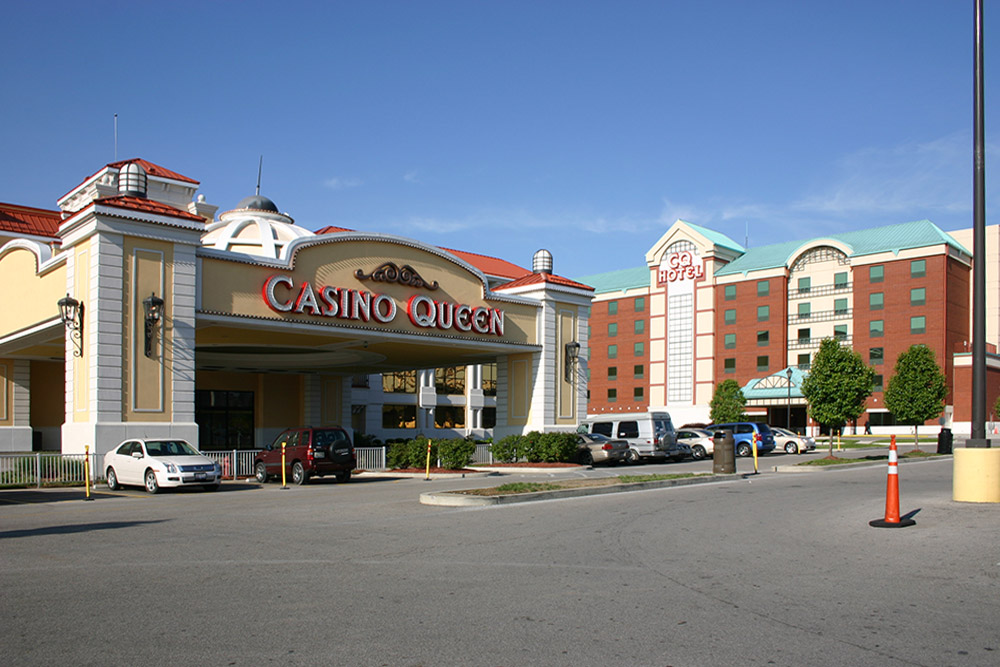
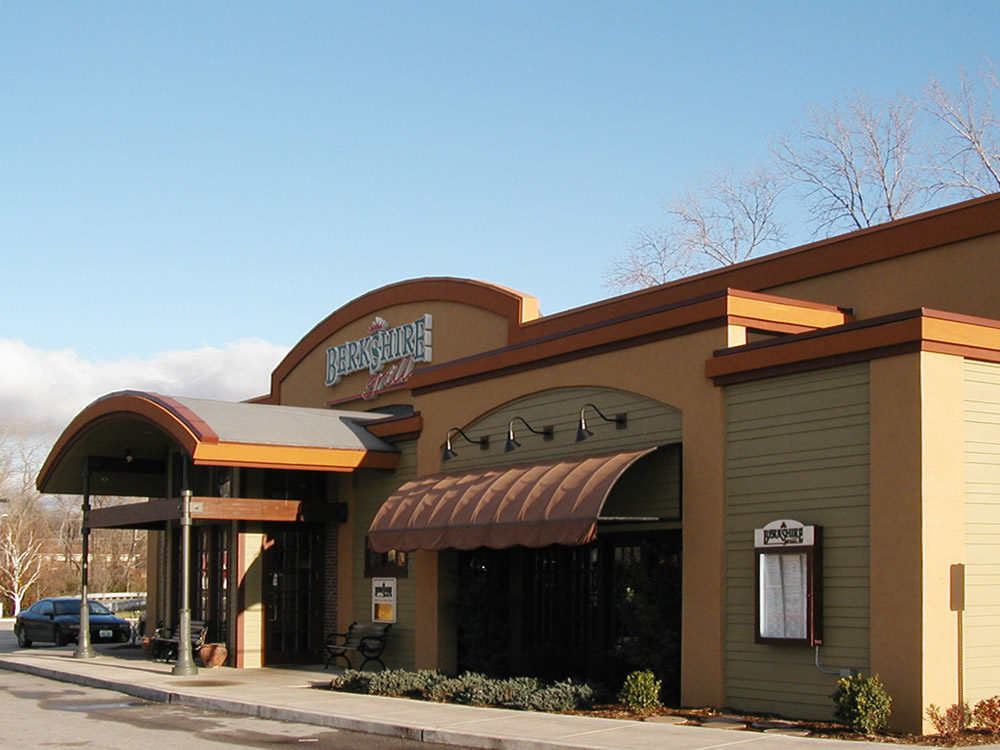
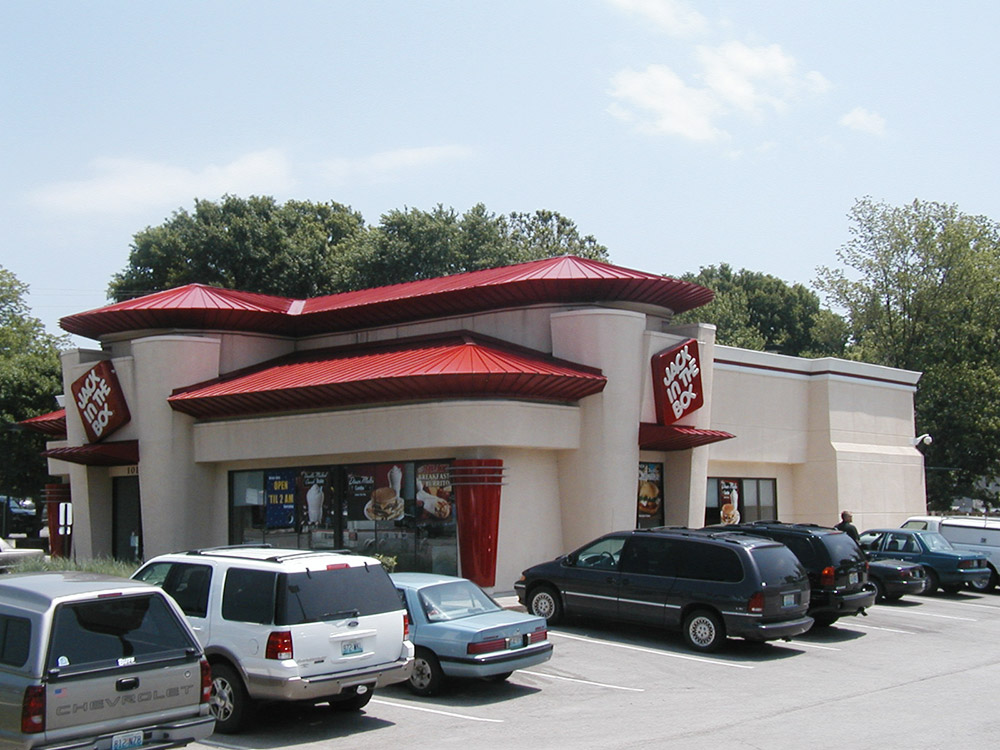
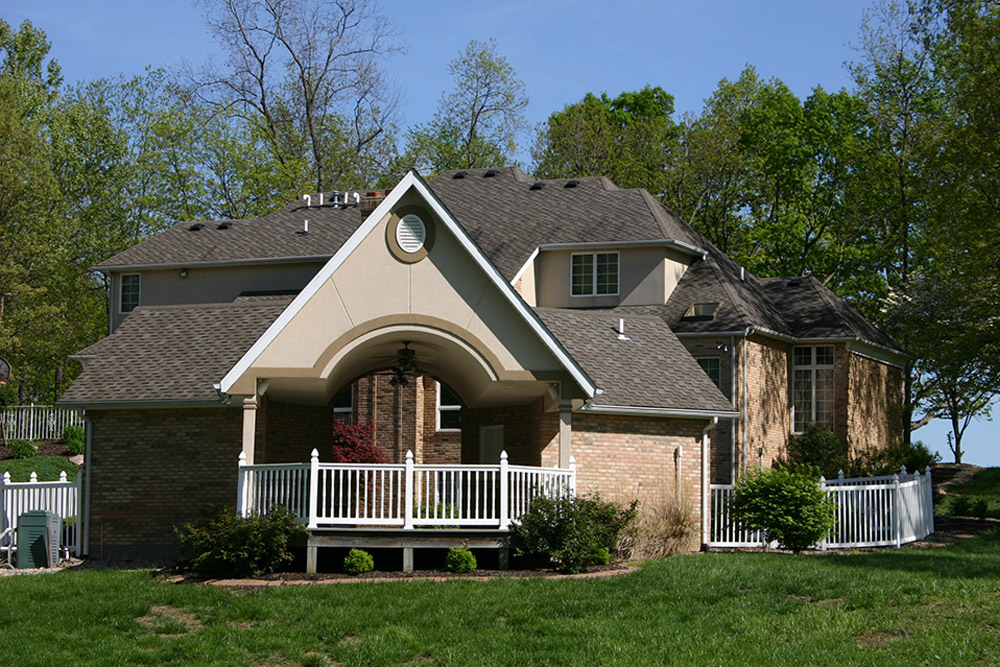
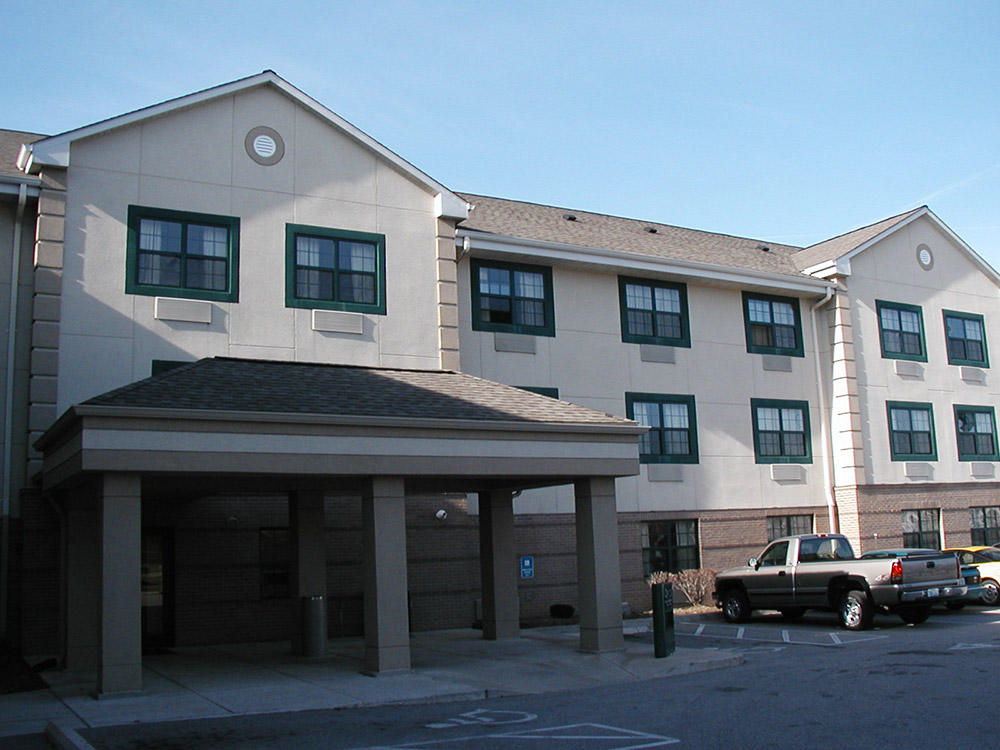
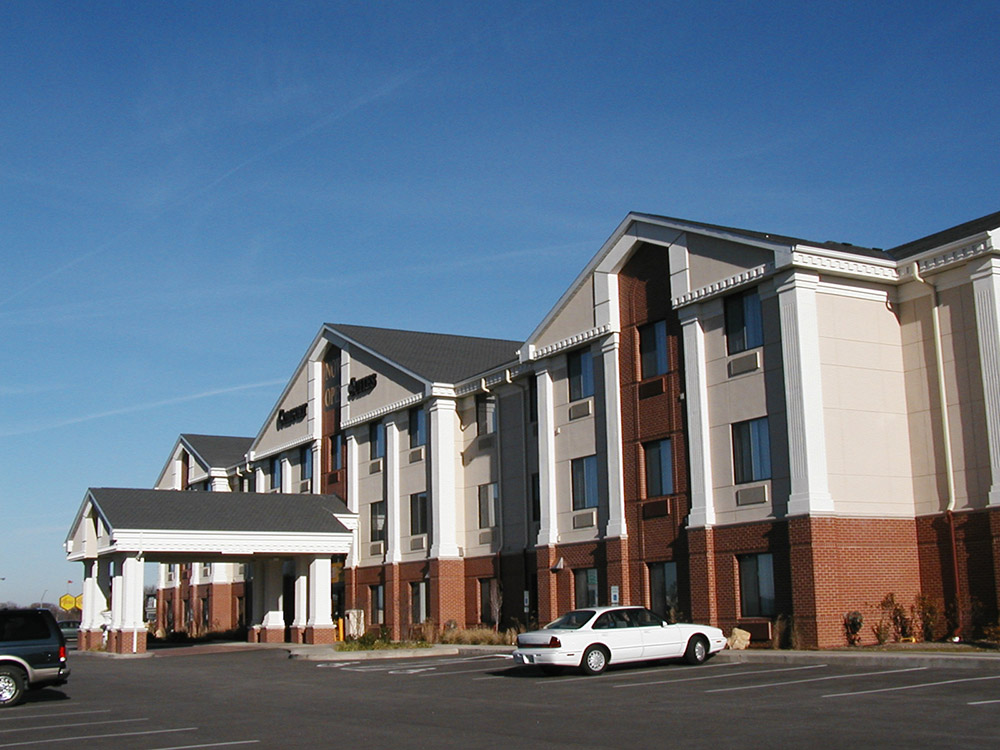
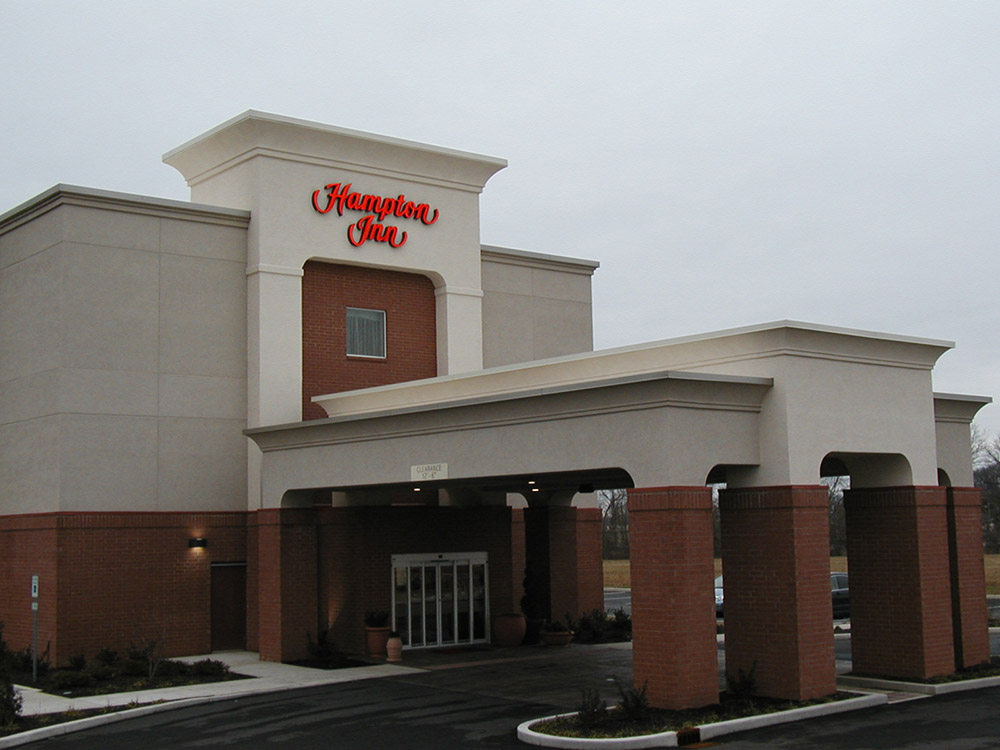
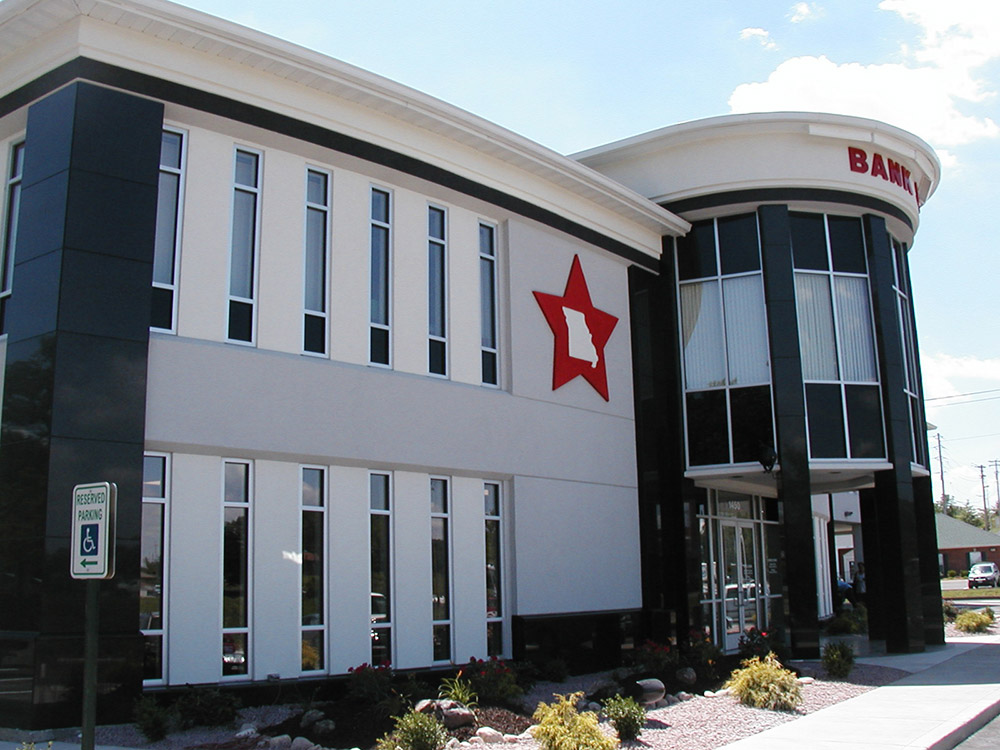
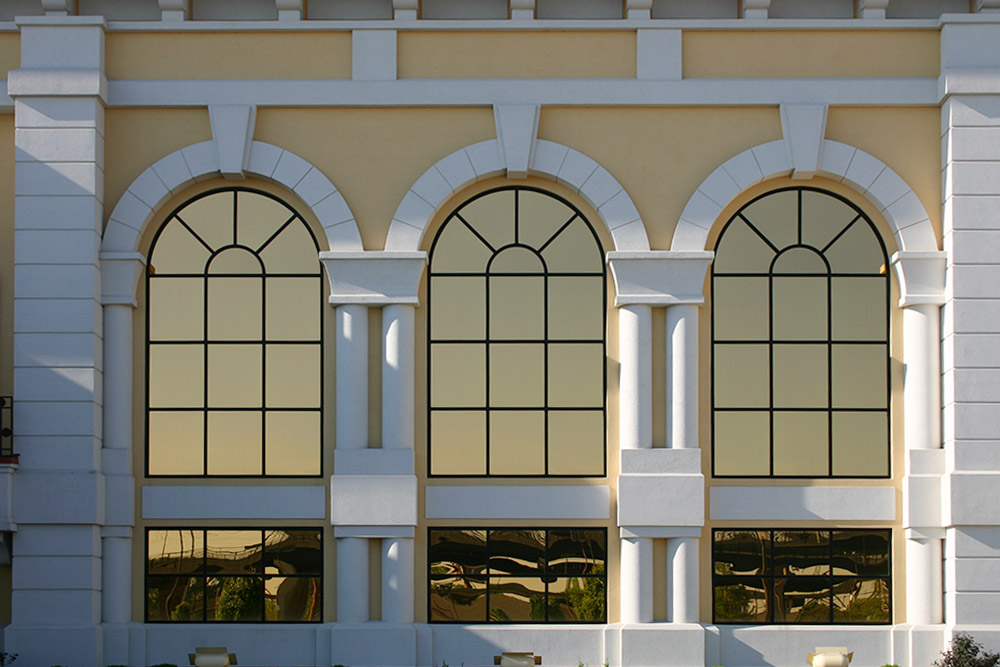
History of EIFS
EIFS was developed in Europe after World War II and was initially used to retrofit solid masonry walls. EIFS started to be used in North America in the 1960s, and became very popular in the mid- 1970’s due to the oil embargo and the resultant surge in interest in high energy efficiency wall systems (such as EIFS provides). The use of EIFS over stud and-sheathing framing (instead of over solid walls) is a North American technique. EIFS is now used all over North America, and also in many other areas around the world, especially in Europe and the Pacific Rim.
George Weis Company is a certified applicator, employs plasterers that are certified applicators of EIFS, and offers EIFS inspections. We use the following systems: Dryvit, Finestone, Senergy, and Sto.
Free Estimates
Give us a call today at 618.476.3291 – We are fully insured and bonded.
